Prominent Kenyan activist and photojournalist Boniface Mwangi has been charged with the illegal possession of ammunition, in what many see as a growing crackdown on dissent in Kenya. The charge stems from mass protests held in late June, during which at least 19 people were reportedly killed and hundreds injured. Mwangi has denied the accusations and was released on bail. Notably, he was not charged with terrorism-related offences, as initially indicated by police.
Authorities claim to have seized a range of items from Mwangi’s home in Lukenya and his Nairobi office, including phones, laptops, hard drives, tear gas canisters, and a blank firearm round. However, human rights groups have strongly condemned the arrest and initial claims of “facilitating terrorist acts,” labeling them as a deliberate attempt to silence government critics and intimidate activists. Mwangi, known for his bold advocacy for social justice, responded defiantly on social media: “I am not a terrorist.”
The charges against Mwangi are linked to the nationwide protests on June 25, where demonstrators clashed with security forces over controversial government policies. According to the Kenya National Commission on Human Rights (KNCHR), at least 19 people died that day, many from gunshot wounds, with human rights organizations attributing the violence to police brutality. Interior Minister Kipchumba Murkomen, however, labeled the protests “terrorism disguised as dissent” and claimed several police stations were attacked and vehicles set on fire.
The unrest has continued to escalate. The KNCHR reported that at least 38 more people were killed during protests earlier in July. Since June 2023, over 100 lives have been lost in a cycle of anti-government demonstrations, with widespread allegations of excessive force used by police. President William Ruto, while defending the police, advised that they shoot violent protesters in the leg rather than using lethal force a controversial statement that has drawn further criticism.
Mwangi’s arrest triggered a wave of support from fellow activists and rights defenders, with a coalition of 37 human rights organizations issuing a joint statement condemning the “unjustified terrorism allegations.” They described it as part of a systematic suppression of civic space in Kenya. “What began as targeted persecution of young protesters demanding accountability has metastasized into a full-scale assault on Kenya’s democracy,” the statement read.
Veteran politician and Siaya Governor James Orengo called the charges “ridiculous,” noting that Mwangi and other politically conscious youth are being unfairly persecuted. In court, Mwangi was met by supporters singing the national anthem as a show of solidarity.
This is not the first time Boniface Mwangi has faced state harassment. In May 2024, he and Ugandan activist Agather Atuhaire were detained in Tanzania while attending the trial of opposition figure Tundu Lissu. Both reported being abducted, tortured, and sexually assaulted before their release. They have since filed a case at the East African Court of Justice.
Mwangi’s activism dates back to the post-election violence of 2007, which he captured through powerful photographs that exposed the brutality and human cost of political conflict in Kenya. Over the years, he has led symbolic and sometimes provocative protests, like staging a demonstration with piglets at parliament in 2013 to protest corruption, or calling for coffins to be brought into the streets in 2024 to represent deaths caused by police and economic hardship.
Despite multiple arrests, assaults, and intimidation, Mwangi remains undeterred. His fearless stand for justice, accountability, and human rights continues to make him a symbol of resistance in Kenya and his current ordeal has only further galvanized a growing movement of young Kenyans determined to speak truth to power.
This latest development raises renewed questions about democratic freedoms, the right to protest, and the shrinking space for civil society under President Ruto’s administration.



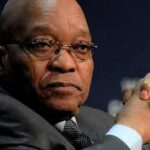

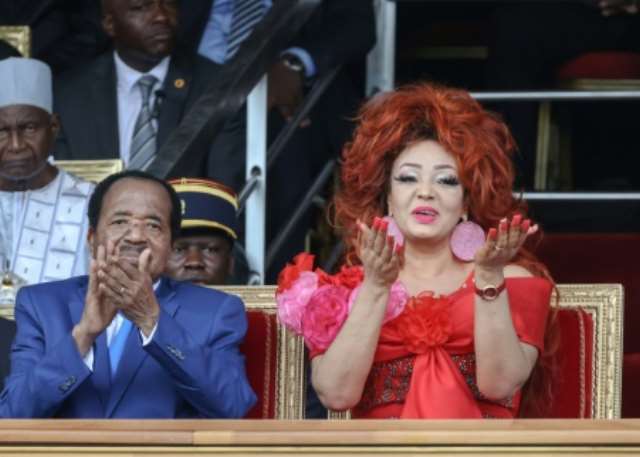
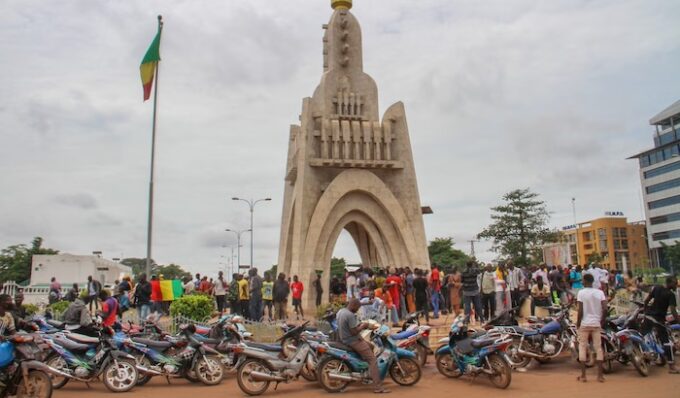
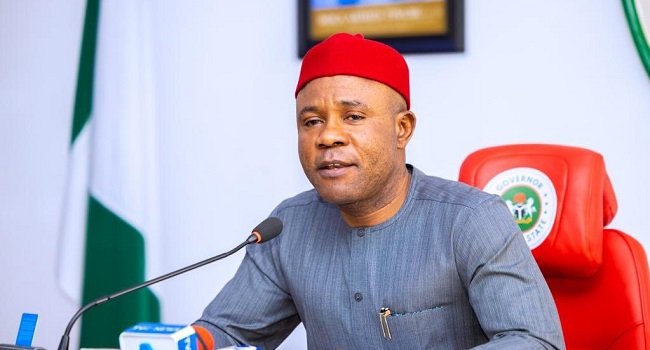

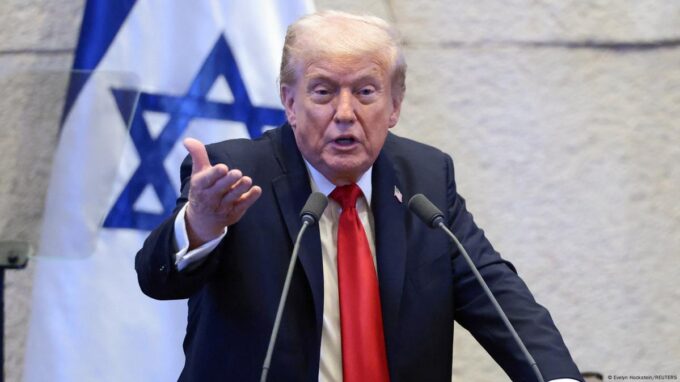




Leave a comment